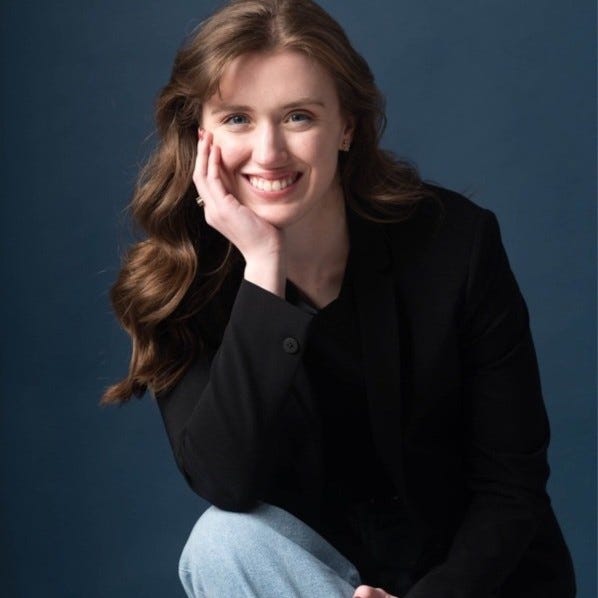In the fast-paced professional world, where deadlines loom and productivity is paramount, indulging in hobbies might seem like a luxury. However, hobbies are a vital component of a balanced life and can directly impact our professional lives.
Rewind to 2020, when the world slowed for the COVID-19 pandemic. With more time spent at home and the noise of a busy calendar dampened, we had more time explore our interests. At the time, it was commonplace to ask someone, “What hobbies have you picked up?” and hear a broad range of answers from puzzles to sourdough. We became more creative with the activities we filled our lives with. We all started playing again and reaped the mental benefits of hobbies.

Since then, I’ve been a serial hobbyist. The goal isn't to master a hobby, but to feel that sense of excitement and exploration trying something new. I've filled my time learning pottery, reading more fiction books, and playing rich video game experiences.
But how can spending time doing pottery or playing video games impact my career?!
While making the perfect loaf of bread may not directly improve your coding abilities, learning new skills through hobbies can tangentially improve your professional productivity. These activities not only bring joy and spontaneity but enhance problem-solving skills and creativity, leading to more innovative people and solutions in the workplace. In a world where emerging technologies, like GenAI, can automate repetitive tasks, people are freed up to focus on strategic and innovative tasks. The value of human creativity and problem solving is becoming increasingly important in the workplace, and the time you spend doing hobbies can help you bring your most innovative self to work.

The impact of hobbies on professional life
Creativity is a key leadership trait: I attended an incredible session by Kevin Carroll at Deloitte University, where he highlighted the importance of play in corporate settings and leadership. He spoke about one of his previous roles where he implemented a company-wide game of tag to spark creativity and build relationships. Yes, tag—the playground game. During the session, he had executives practice sparking creative ideas by playing with toys to design a new product.
Innovation drives success: The most successful innovations and startups at their baseline provide a creative solution to a real-world problem. The tech industry thrives on fresh ideas and novel solutions, and hobbies provide the perfect breeding ground for these innovations.
Experience the “flow state”: When we engage in activities we love, we enter a state of flow, where time seems to fly, and we are fully immersed in the moment. That flow state, or sense of being “in the zone” is a fertile ground for creativity, allowing ideas to flow freely and solutions to emerge organically. With your mind focused on other tasks and a refreshed perspective, you may find a creative “aha” moment when you return to your desk.
Conclusion
Hobbies are not just pastimes; they are powerful tools for developing a creative mindset. By engaging in hobbies, we recharge our minds, broaden our perspectives, and foster a creative mindset that leads to more innovative solutions. So, whether it's painting, playing an instrument, or baking, make time for your hobbies. Your professional life will thank you for it.
And don’t worry if you can’t just pick one hobby. Studies show that learning multiple skills at once improves our cognitive function. So, feel empowered to learn painting AND a new language, if you want.
—Sarah Mortier | Tech Trends Project Manager | OCTO
This article was originally published on October 16, 2024.
This article contains general information only and Deloitte is not, by means of this article, rendering accounting, business, financial, investment, legal, tax, or other professional advice or services. This article is not a substitute for such professional advice or services, nor should it be used as a basis for any decision or action that may affect your business. Before making any decision or taking any action that may affect your business, you should consult a qualified professional advisor. Deloitte shall not be responsible for any loss sustained by any person who relies on this article.
As used in this document, “Deloitte” means Deloitte Consulting LLP, a subsidiary of Deloitte LLP. Please see www.deloitte.com/us/about for a detailed description of our legal structure. Certain services may not be available to attest clients under the rules and regulations of public accounting.
Copyright © 2025 Deloitte Development LLC. All rights reserved.





A fabulous piece Sarah. I've never hidden my love of creating music. Quite the opposite. I see it as a means to open the creative part of my brain when everything in the business world is closing it.